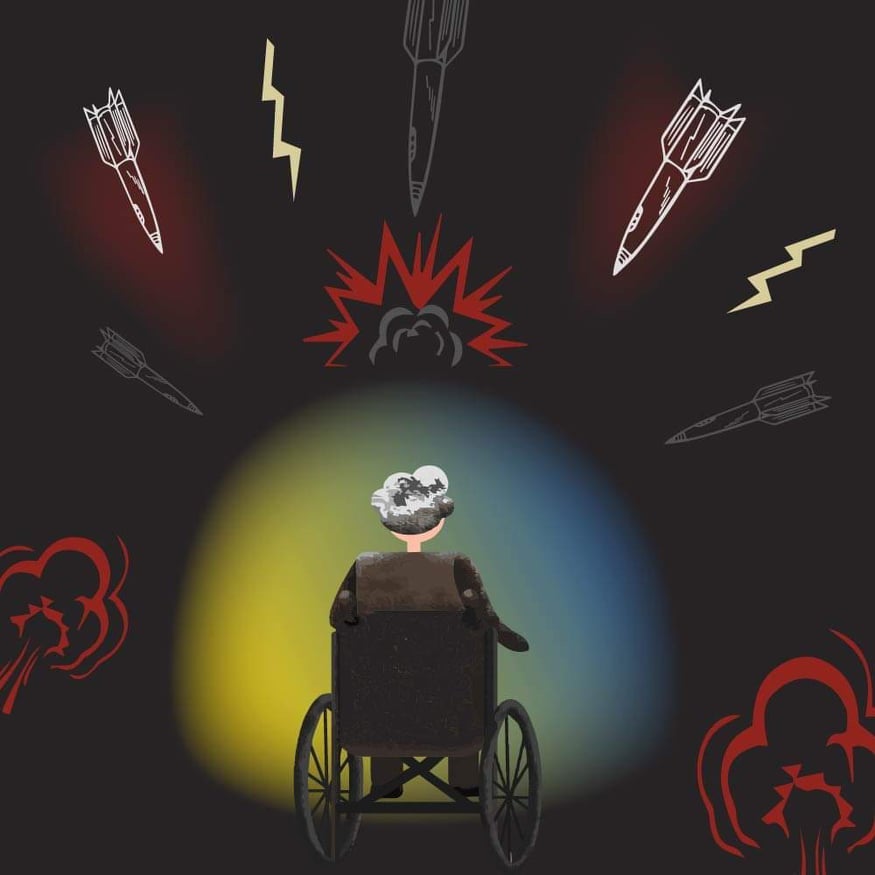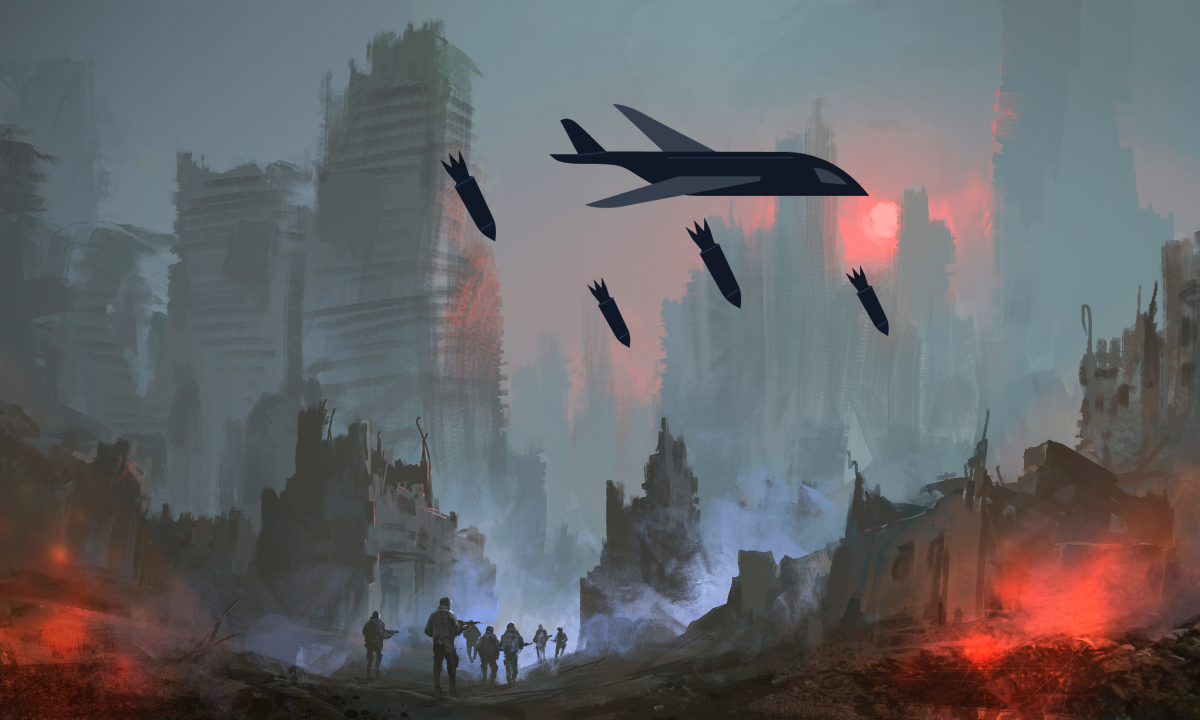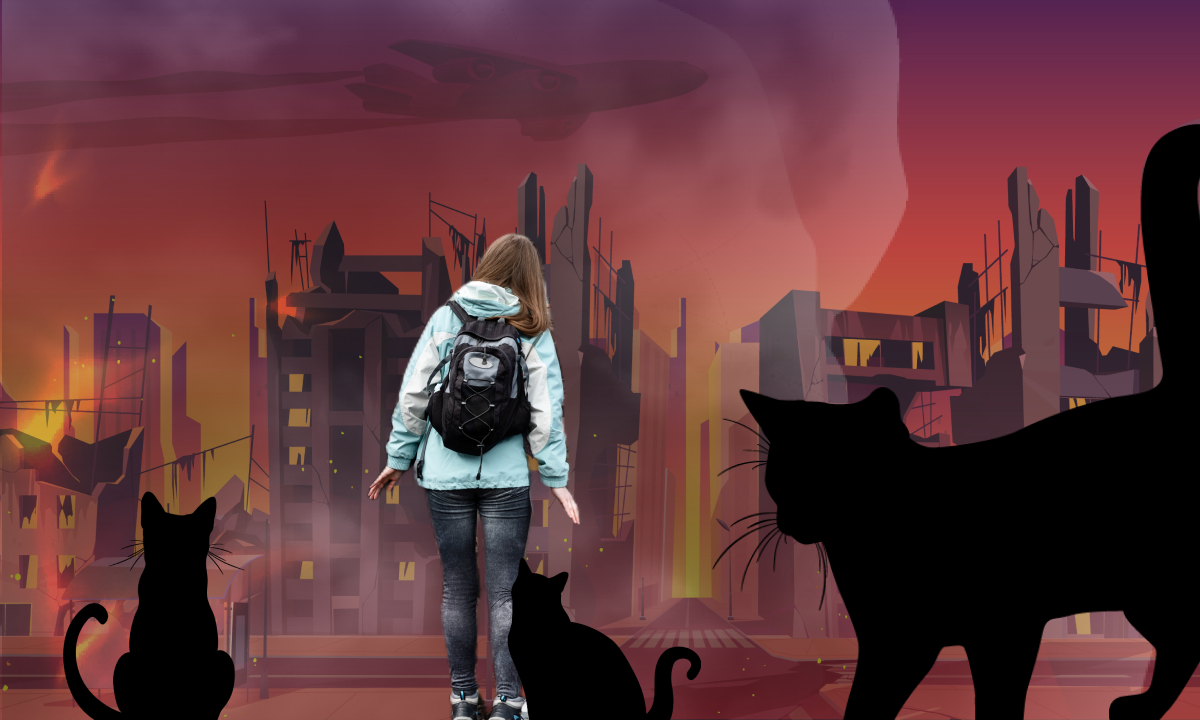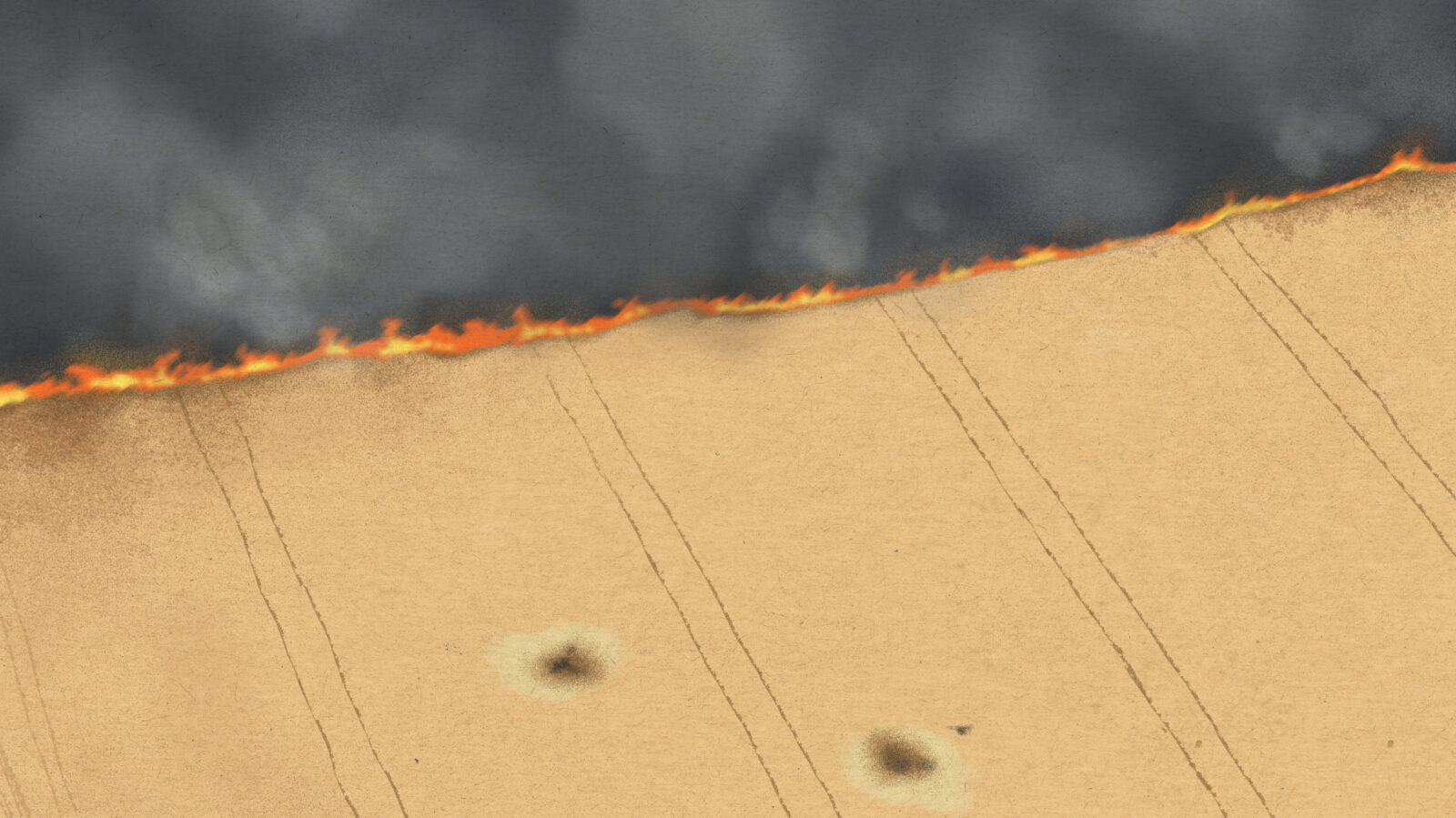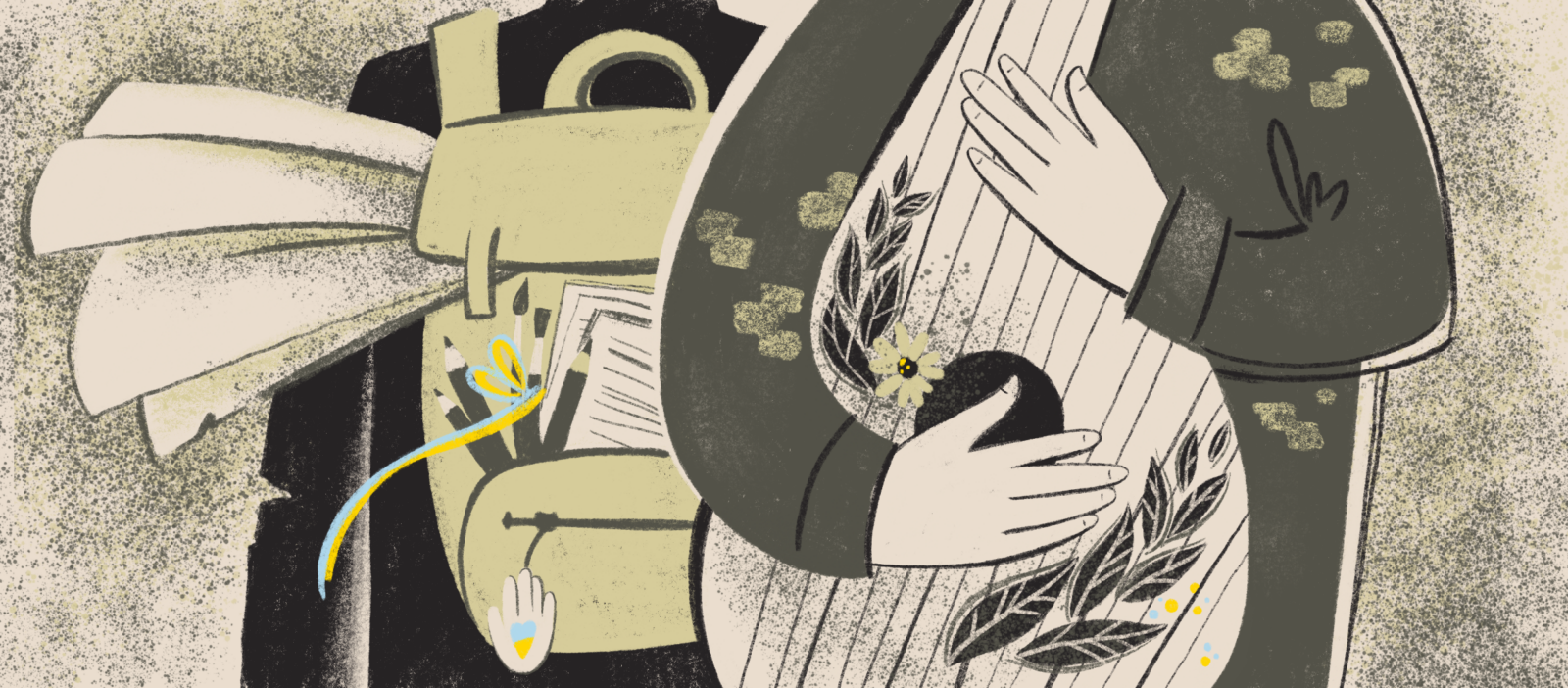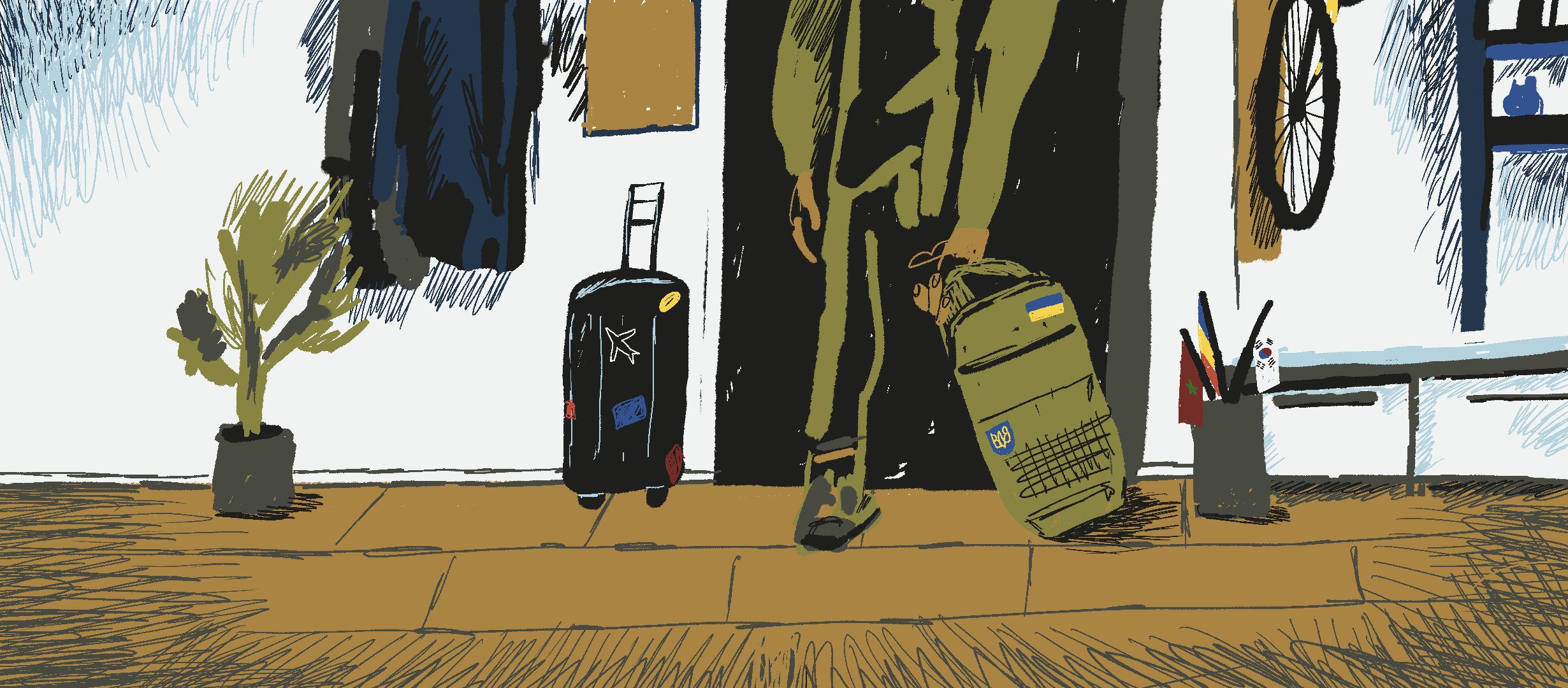“I have a rare condition, a number of rheumatoid connective tissue diseases. My treatment costs 1,500 to 2,000 dollars a month, out of pocket. But now I cannot even get these drugs in Kyiv,” says Natalia Novitnia, 47, Kyiv. “If I don’t take the right medication, my health will worsen for the first two months. My joints will swell and collapse, which makes me immobile. If my kidneys fail, I may die.”
Once every 28 days, Natalia must take IVs with a drug keeping her alive. She took it back in January. And right on February 24, when the war began, she had an appointment. When she came to the clinic, she was told that a courier could not get to Kyiv. There is still no medicine a month later. It is impossible to bring the drug as a part of humanitarian aid because it needs temperature control between +2 and +8 degrees centigrade. Natalia is not the only one who needs such drugs.
Every day of the war takes away the right to life from these patients.
Two years ago, Natalia was also diagnosed with breast cancer. She had to close her small business. During that time, the woman had eight courses of chemo, a surgery, and radiation therapy. Now Natalia must take medicines for years to prevent cancer relapses. These medicines are not imported either.
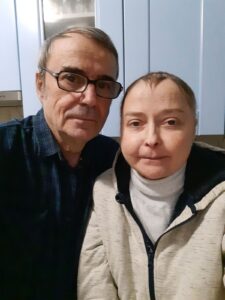
Natalia says that if she had gone abroad like some people with cancer she knew, she could have gotten the medicines there. But the woman could not do that as she can only move in a wheelchair outside. Her 72-year-old father helps her. They both stay in Kyiv, listening to explosions and shelling.
“We wouldn’t make it,” Natalia explains. “Many of our relatives just went abroad and called from there, asking if I am OK. Your self comes first, you know.”
”I’m a burden now. And I’m 47 years old already. Some people think I’ve lived enough.”
But Natalia wants to live. Before the war, she hoped she would feel better by spring. She wanted to forget about the wheelchair forever and give it to those who needed it more. But the war tied her to the wheelchair. She and her father cannot go down to the bomb shelter, so they stay in their apartment on the eighth floor. They hide in the hallway and bathroom and pray that a missile or shell doesn’t hit their house. Now, every day the Russian military shoots missiles at Kyiv and hits residential high-rises.
“Most of all, we want to win. We want to go somewhere to the water or just sit on the grass,” Natalia shares. “Such simple desires, but three weeks of stress have changed my views on everything. I hope that we will stay alive, that we will plant flowers around the house. That it will be warm, sunny, that there will be peace. And people will come back home.”
“So much grief and pain everywhere that I am ashamed to distract someone with my own problems. But I understand that I have no right to just surrender and die,” Natalia concludes. She still needs medication. You can contact her through journalist Daryna Trunova.

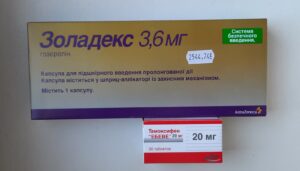
Translated by Oksana Biliavska

